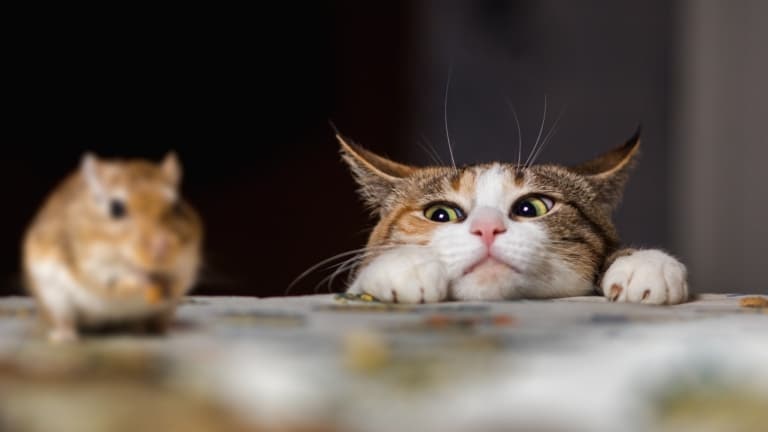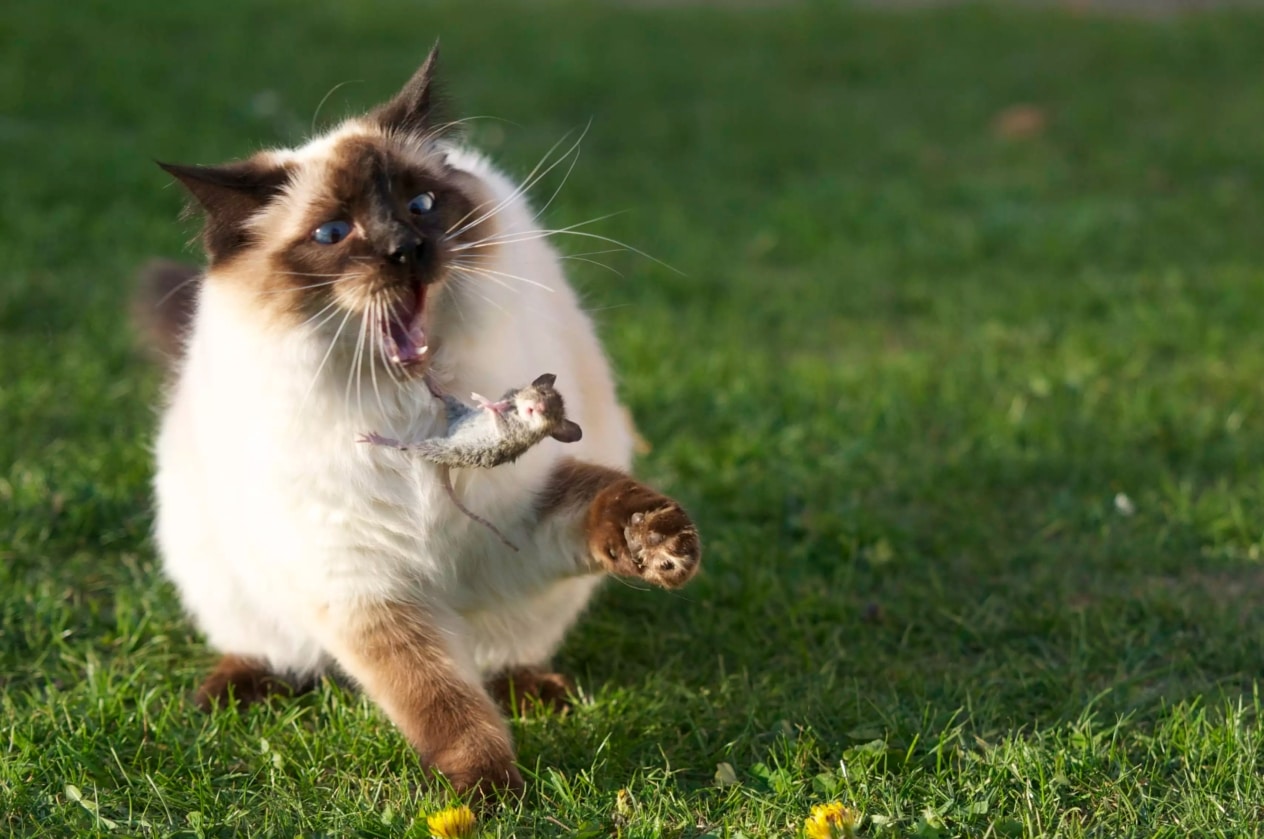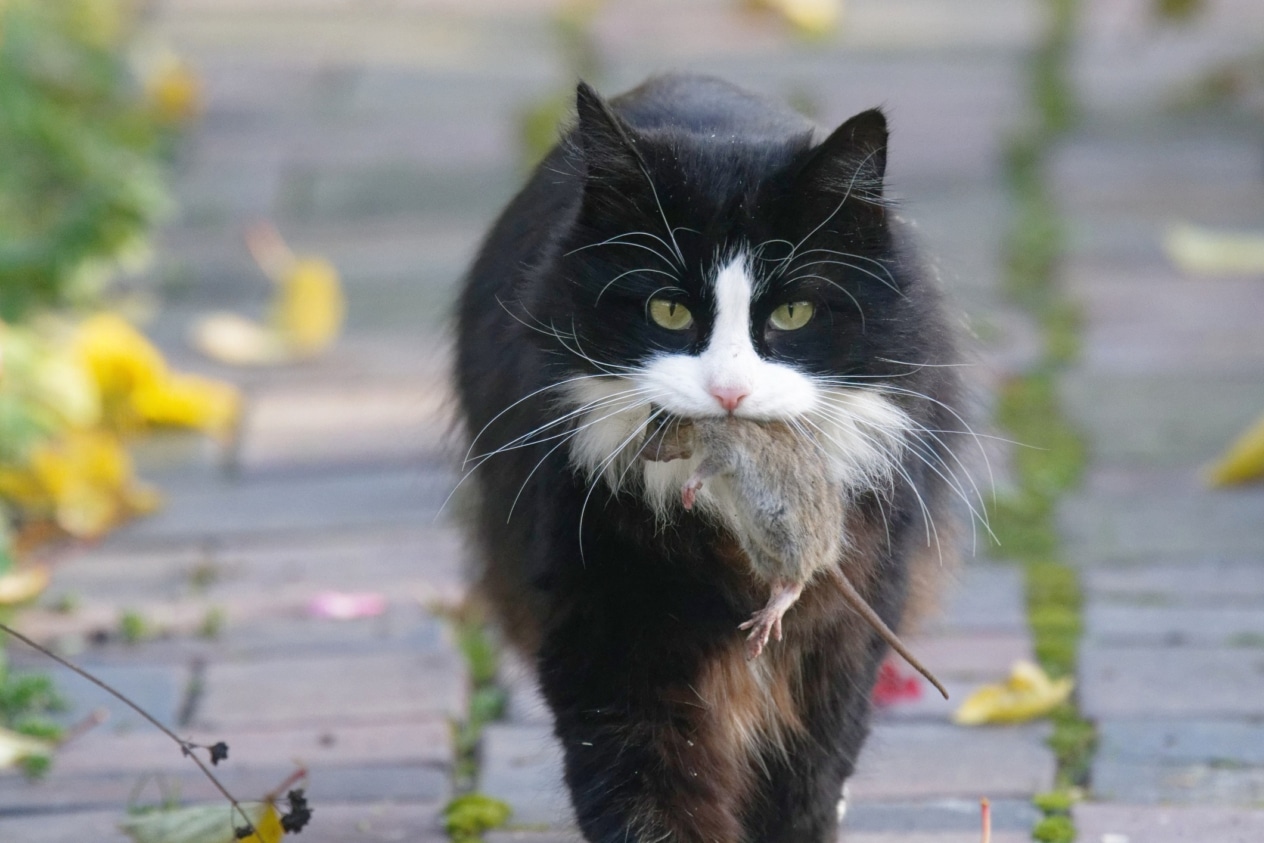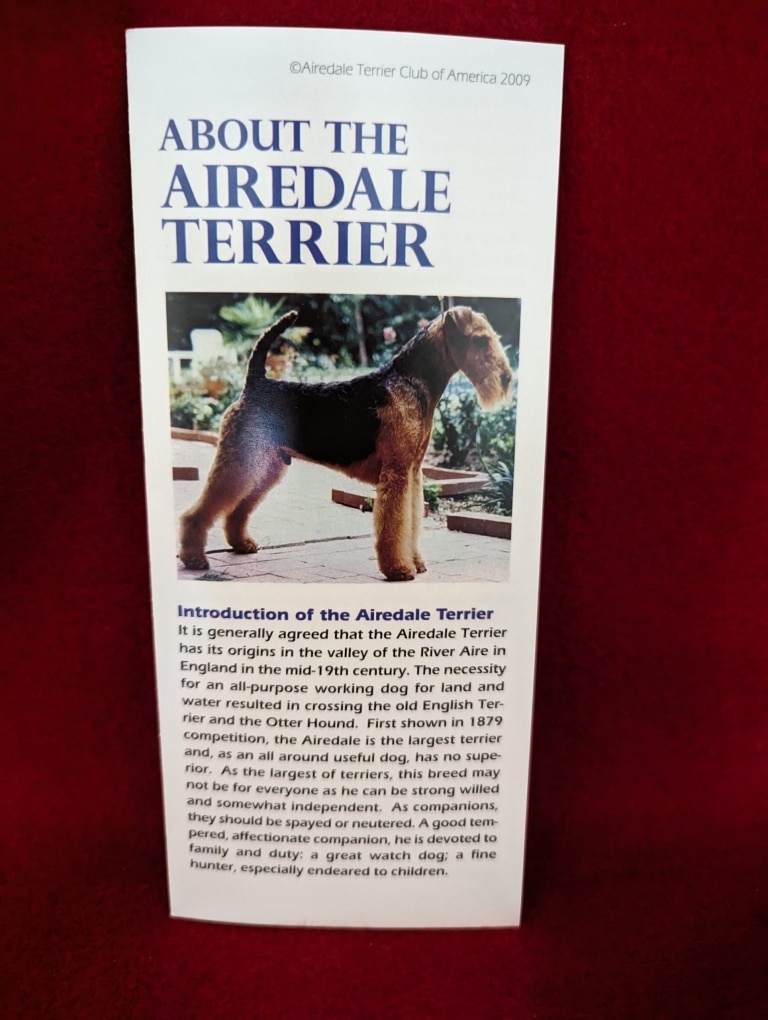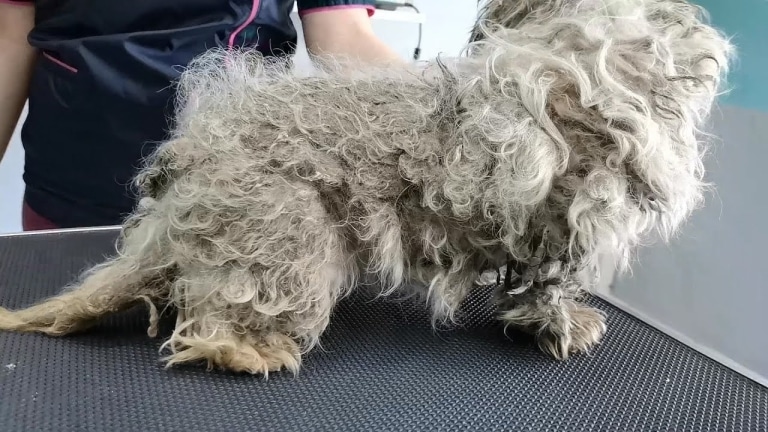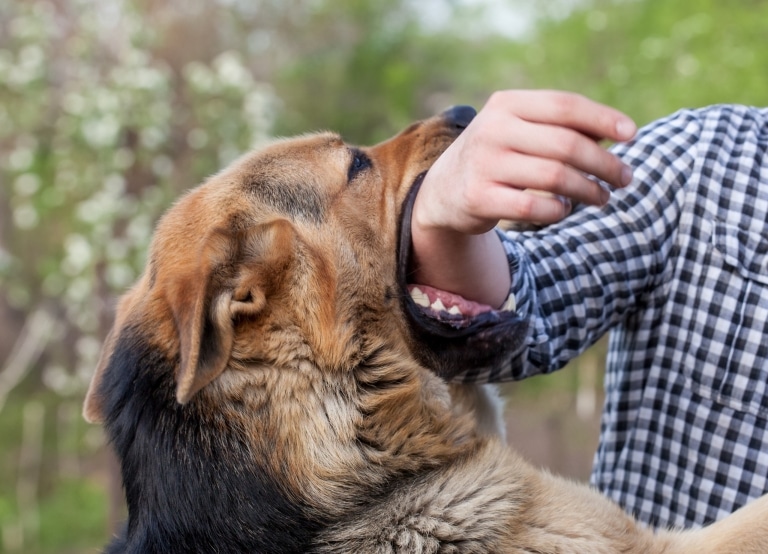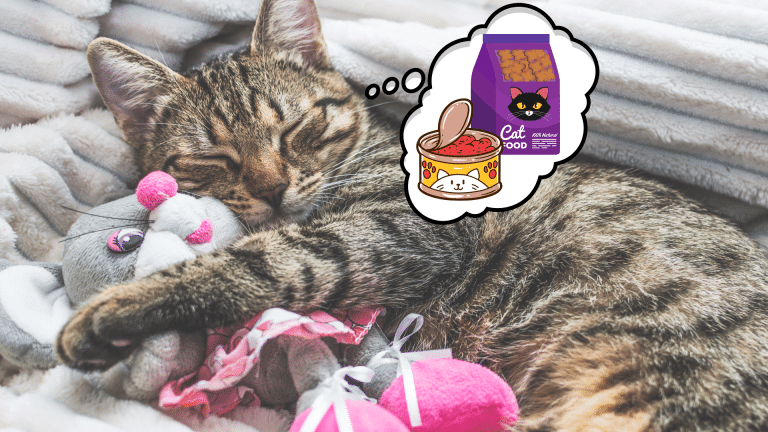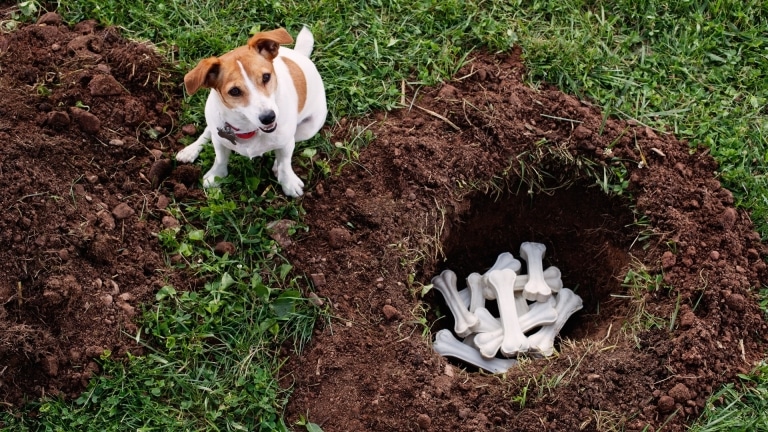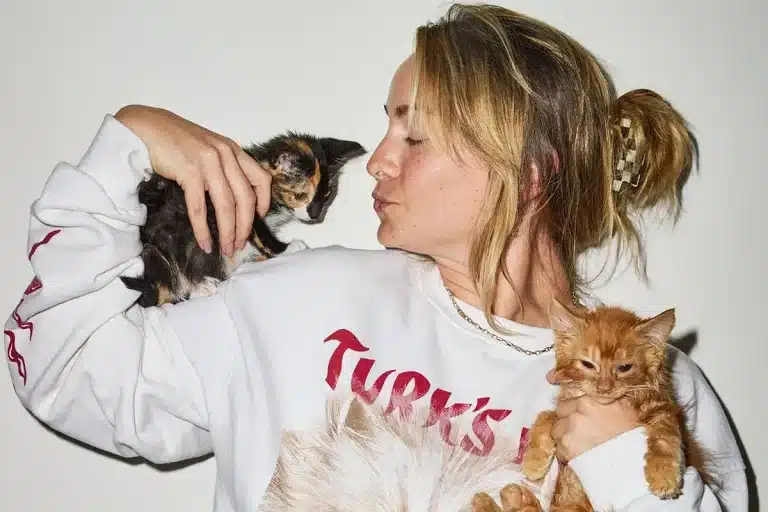All of us have at least once witnessed this scene: there is a mouse on the floor, and next to it is a proud cat with a twinkle in its eye. This evokes different emotions: disgust, surprise, laughter or even fear. But in fact, this behavior has deeper roots than just a “kitty prank”. And it is quite logical – from the cat’s point of view.
It’s a hunting instinct that never turns off
Cats are predators, and no breed, bred coat color or bow-tied accessories will change that. Their hunting instinct is not related to hunger. They hunt not because they have nothing to eat, but because they can’t do otherwise. It’s in their nature.
In the wild, even well-fed wild cats catch more than they eat. And we see the same thing with domestic Pets. If the cat lives in a private home or has access to a yard – sooner or later it will bring “prey”. This is part of its hunting ritual: see → track → catch → bring. The completion of this chain is a demonstration of the result. And who is he demonstrating it to? At you, its chief observer.
Perhaps he’s just teaching you…or feeling sorry for you.
This point is a little more than just interesting. In the cat world, there is a clear social learning mechanism: adults bring half-dead or dead prey to their young to learn how to hunt. So, when your cat puts a dead mouse in front of you, he doesn’t think you’re the master. He thinks you don’t know how to hunt.
It’s a gesture of caring. He may see you as part of his pack or as a kitten. I mean, “I’m worried about you, here’s your food because you can’t catch anything yourself.” This is hard to accept for a person who pays for the food and changes the sand. But from the cat’s point of view – everything is logical: you are not a hunter, so you need help.
By the way, this is why some cats even bring toys or food from the bowl. It’s not a joke – it’s an instinctive “sharing with the family”. Not always killing. Sometimes just an attempt to be helpful.
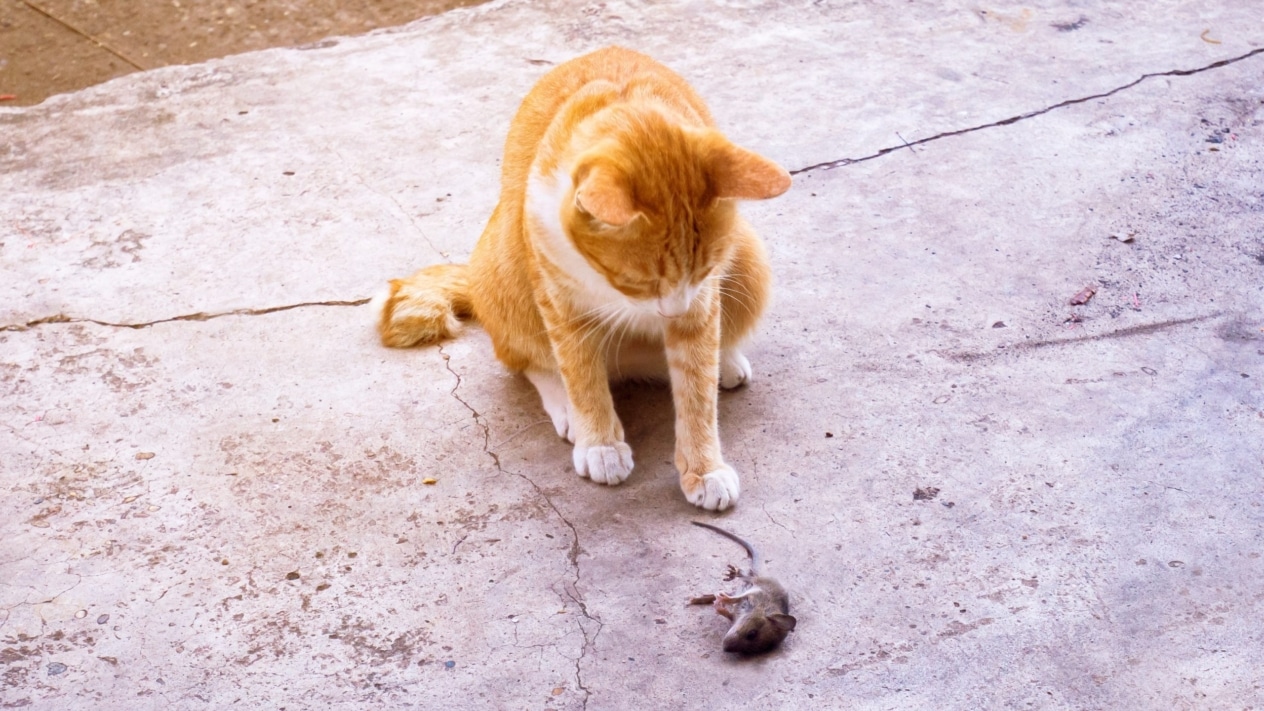
Sometimes it’s a trophy
A cat is a creature with a deep sense of dignity. Even the most affectionate purrs sometimes act like: “You pet me, you feed me, but remember – I would survive without you.” And when the cat brings the prey and demonstratively puts it in the center of the room, on the bed or under the door, it is not just care or instinct – it is an act of self-assertion.
In nature, strong individuals display prey to confirm their status. Even though there is no pack in the apartment or house, the cat still acts out the old pattern. It shows that it is able to act, to control, to hunt. And although he can then sleep on his back with his paws up – at this moment he is a hero, and it must be seen.
Conclusion
Your cat doesn’t bring dead mice to ruin your morning or cause drama. He brings what he considers valuable. To him, it’s a show of strength, caring, and part of his natural code. And while we may not always perceive it, it’s good to know: it’s not gross – it’s dialog. Just spoken in a very different language.

